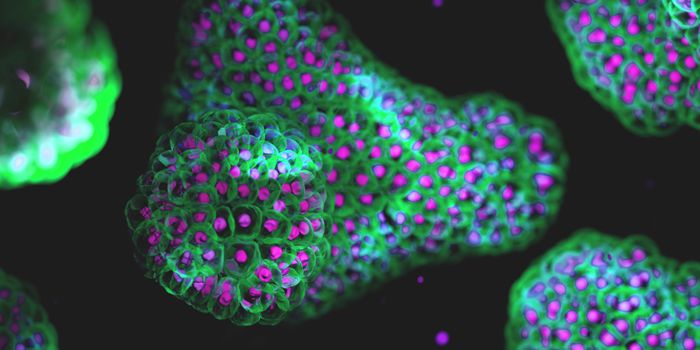A tool that simplifies the hunt for cancer drugs
Cells have long been the internal hubs for proteins that hold a wide variety of unique functions. Disorders on how a cell synthesizes a protein can affect a lot of our physiology and predispose to a multitude of symptoms leading to a diseases such as cancer. In fact, many drugs are developed to target a protein responsible for a particular disorder.
Learn more about protein synthesis:
Scientists curious about which drugs affect what kinds of proteins may now have a tool that can determine exactly that. Specifically, scientists at Karolinska Institutet have now utilized these methods to generate a tool that can produce reliable and precise results. They developed the tool through testing lung and breast cancer and intestinal tumor cells with 56 different kinds of drugs. For each drug compound, they first determined the dose that kills half of the cells after 48 hours (LC50) and then used that dose on all other drugs.
The tool is referred to as the ‘ProTargetMiner’.
Findings of the study were published in Nature Communications and describes that when half of the cells die, each proteome (a structure in the cell in which proteins are present) will show which and what proteins were targeted by an added drug. Results of experiments are made available through an online database and researchers are hopeful to expand their database through continues studies.
"We find that the cells are killed in different ways by different drugs," says Roman Zubarev, professor of medical proteomics at Karolinska Institutet. "Not so long ago we used to think that cells could only die in three ways -- necrosis, apoptosis or autophagy -- but now we've observed at least thirteen different ways in which cells can die. This method can help to speed up certain parts of the process of new drug development or improve our understanding of existing drugs."
Source: Science Daily









